An unprecedented situation
In March 2020, France needed a quick response to the Covid-19 epidemic. AFPA’s trainees and trainers found themselves in an unprecedented situation: distance and digital learning for everyone. To maintain pedagogical continuity for trainees and trainers, AFPA decided to accelerate the deployment of its E-Learning platform and digital courses. 30.000 trainees and 3.000 trainers were fully trained remotely in a few days. AFPA delete has also opened all its Mooc and other training modules free of charge. After a two-month lock-down period, the courses resumed, but for social distancing purposes, with a fewer number of participants.
In the catering sector, more than 100 trainers and 3,000 trainees had to adapt to these training methods. For some trainers it was a continuation of already existing practices, while for others it was an entirely new situation. delete then the idea of a Mooc to ensure appropriate dissemination of practices regarding food waste reduction seemed obvious, both for trainees in France and for European partners.
A Mooc for everyone
The modular and progressive content of the Mooc allows everyone to invest the time they wish and for Afpa to adapt its support to each audience : learners, trainers, professionals, stakeholders and members of the public. The teaching support is both structural and situational and mixes several modes: emails, Facebook community, ambassadors, challenges and weekly live lessons.
With an Open Badge each week, learners can certify their progress and share it (micro-credential)
100 trainers and professionals involved
Since 2019, several trainer training sessions have gathered trainers around this common project. The teams at the Stains center, then contributed to the creation of the first zero-waste cooking classes broadcast live. In 2020, Afpa reinforced this collaboration by involving trainers and trainees from several other centers in the design and teaching of the Mooc can delete this.
New live courses have been released 4 weeks every Saturday at 6:00 pm from Afpa’s kitchens. Each of these courses was a project involving trainers, trainees, managers, directors and professionals, making a real contribution towards the fight against food waste. Each Saturday, the learners met Afpa trainers to make a zero waste recipe together. This was a great adventure appreciated by all the trainers and Afpa team.
As part of the Mooc Afpa asked well-known chefs to talk about their career paths and practices in their field. These included France Ghielmi, cheffe of the Fortsch-wich school restaurant; Moïse Piquet, chef of the “Carte Blanche” restaurant; Frédéric Pastorino, chef of the “CookOVin” restaurant and Virginie de Saint-Quentin de Brégéon, manager of the FoodTruck “La cabane à manger”.
50 ambassadors and 2000 learners
Remote self training is never easy!
The Mooc helps to reduce isolation and and creates an environment where learners are encouraged to share their practices in a Facebook community. Padlets have been used by the MOOCers to share their zero waste tips and recipes.
Afpa has appointed 50 ambassadors to support the 2231 new MOOCers. The live courses have strengthened the feeling of belonging to this community of ambassadors and learners.
What’s next
In France, Afpa will continue to distribute the course to VET istitutions as well as other training courses in the catering sector. In Italy, ENAIP would like to offer it to its students with recipes and testimonials from Italian chefs. The 4-week core curriculum offers resources and flexible options that allow the Mooc to adapt to the culture of the country or the target audience.
The Mooc adventure will continue throughout 2021 and will expand through the Facebook community where 10.000 MOOCers can share their tips and practices.
Another interesting initiative would be to propose to restaurant owners the opportunity to integrate the Love Food badges on their website in order to highlight their commitment to this approach.
Afpa reinforces its social impact and asserts its leadership
The skills acquired by apprentice cooks are essential for their professional integration, their remuneration and their future professional satisfaction. Those involved in the fight against food waste are now essential given society’s challenges and regulations. Raising awareness and training among professionals and actors along the entire chain from producer to consumer is essential for a profound and sustainable impact on our planet.
With this Mooc, Afpa reinforces its social impact and asserts its leadership. It demonstrates its ability to adopt an open and innovative approach to share and develop practices. It makes its expertise on a topical and socially relevant subject known at an international level. We hope that this Mooc will raise awareness of the need to respect and preserve our planet’s resources.
Links/hyperlinks from the article:
Registration
Teaser
Context
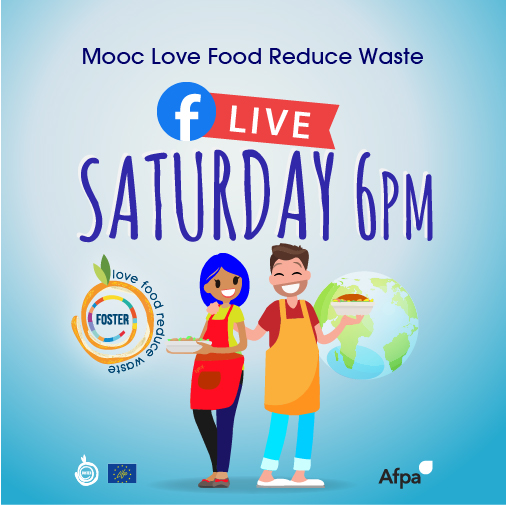
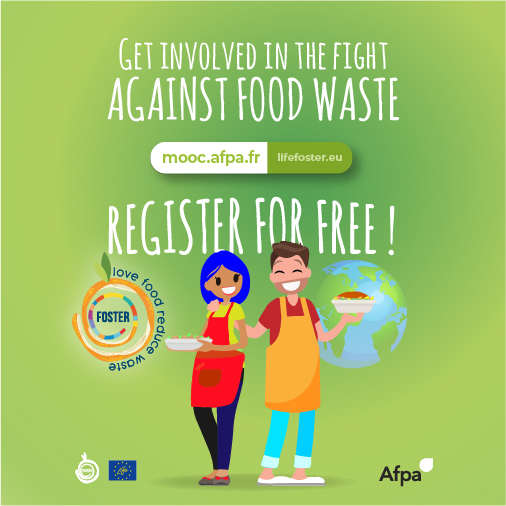
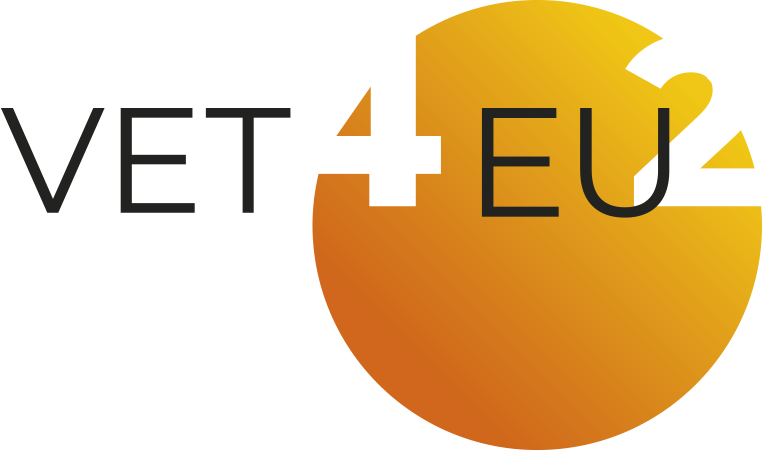
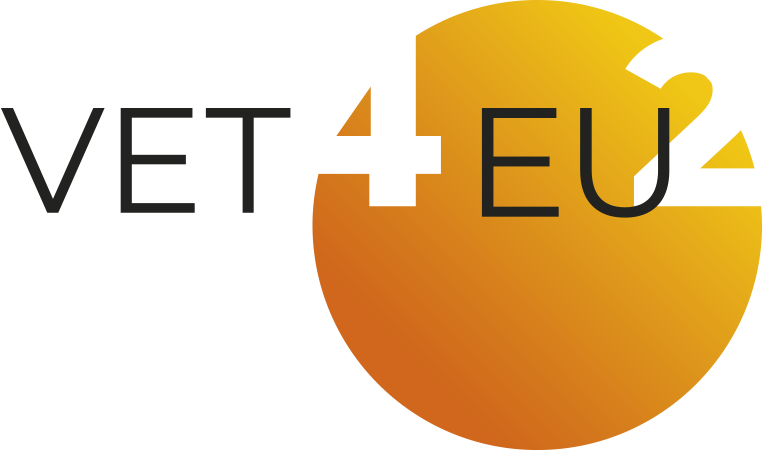

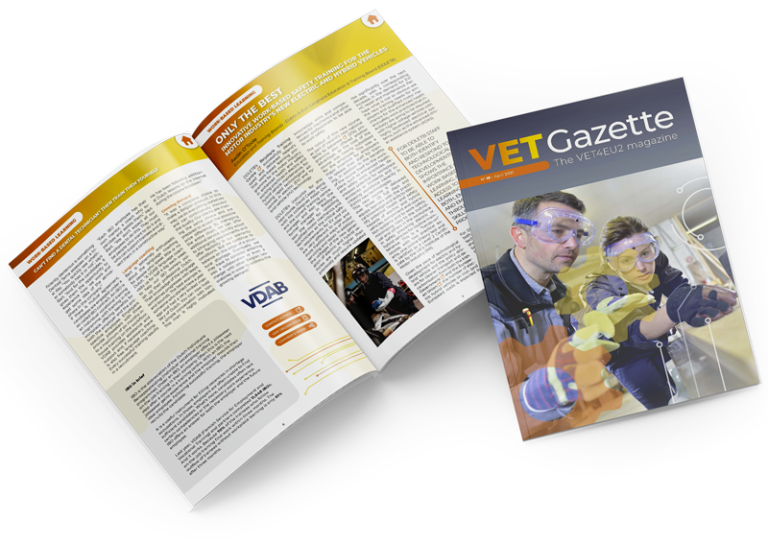
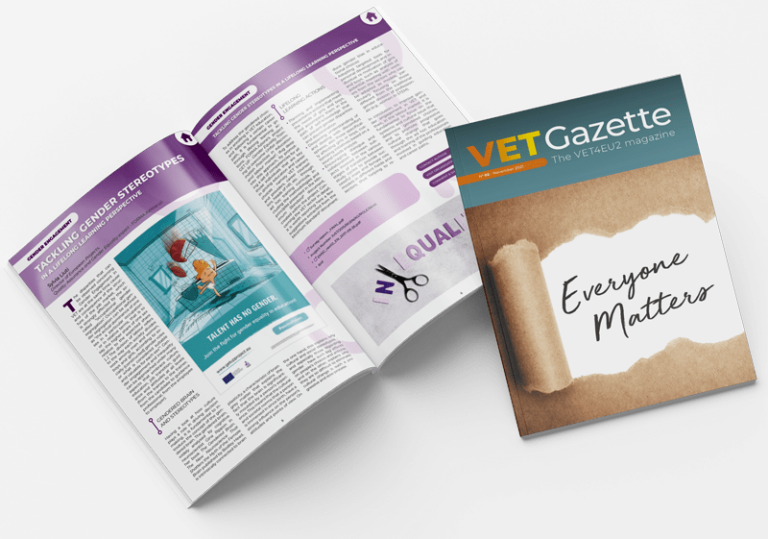
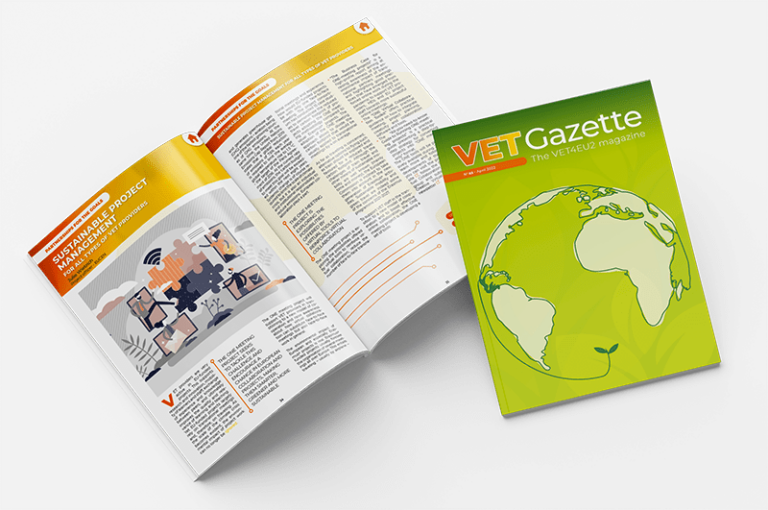
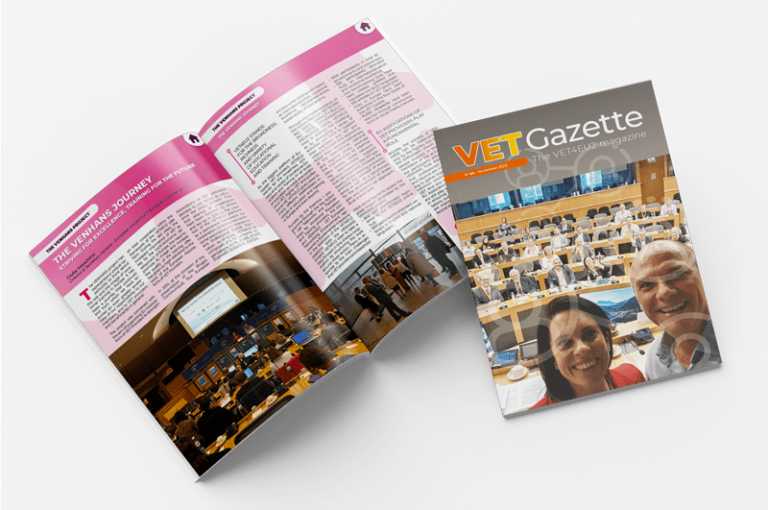

Responses